When it comes to taking care of your car, engine oil is one of the most talked-about topics. However, not everything you hear is true. In fact, there are plenty of misconceptions that can lead to costly mistakes. In this article, we’re debunking 15 common engine oil myths that every driver should ignore to keep their vehicle running smoothly.
Contents
You Must Change Your Oil Every 3,000 Miles
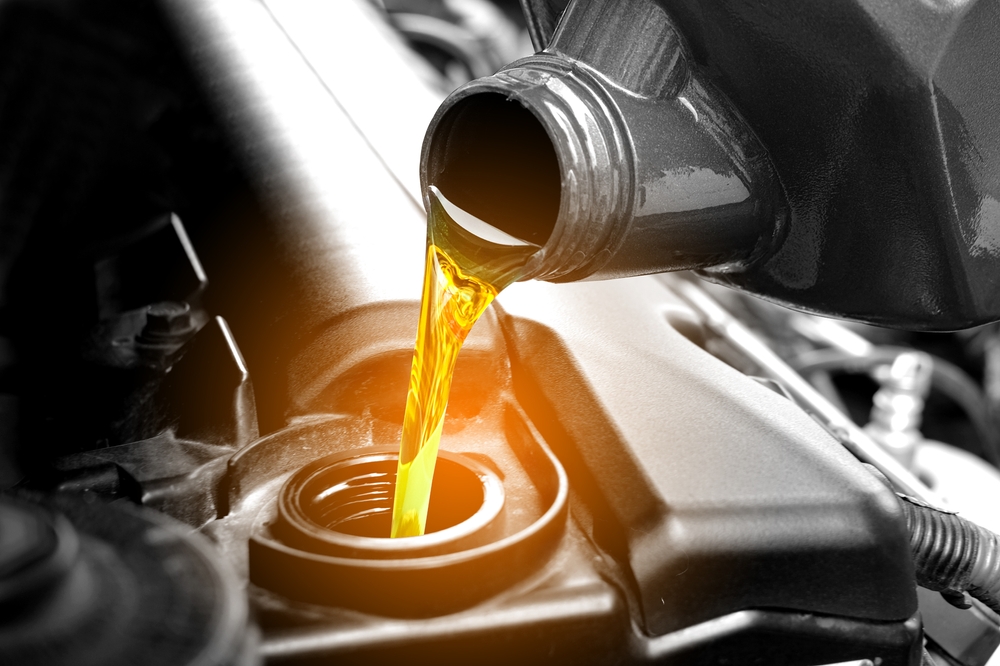
While it was once standard advice to change your oil every 3,000 miles, modern engines and advanced oil formulations have extended this interval significantly. Many vehicles now recommend oil changes every 5,000 to 10,000 miles, depending on the make, model, and type of oil used. Sticking to the old 3,000-mile rule can lead to unnecessary expenses without any added benefit to your engine’s performance.
Synthetic Oil Causes Leaks in Older Engines
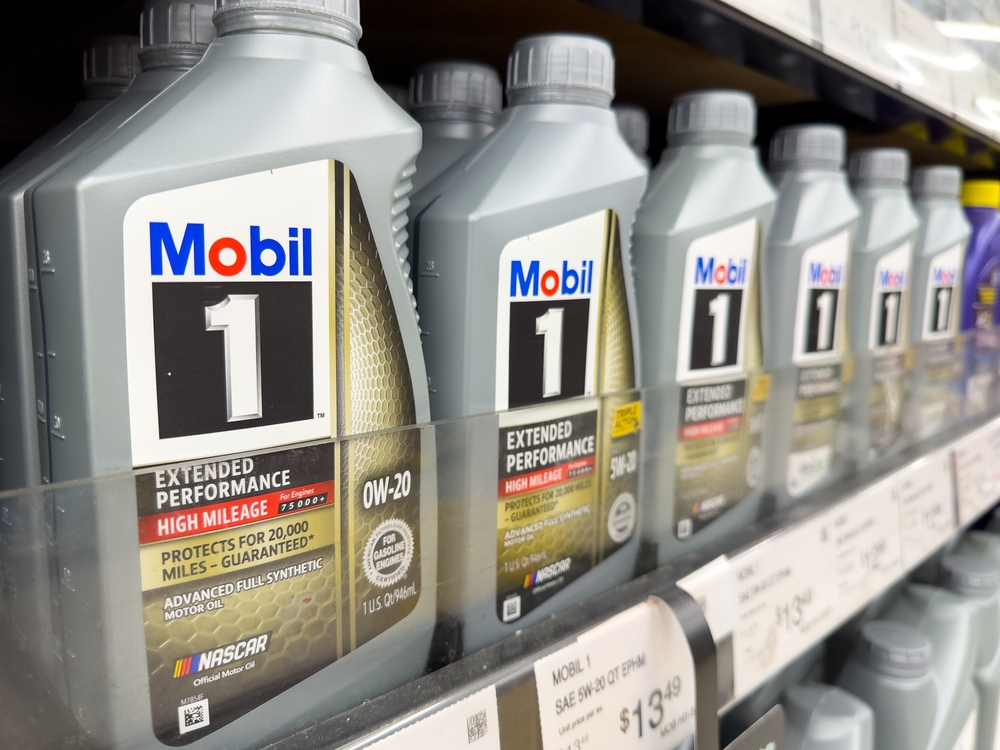
The belief that synthetic oil causes leaks in older engines stems from early formulations that weren’t as advanced as today’s products. Modern synthetic oils are engineered with additives that protect engine seals and prevent leaks, making them safe for use in older engines. In fact, synthetic oil can often improve the performance and longevity of an older engine.
All Engine Oils Are the Same
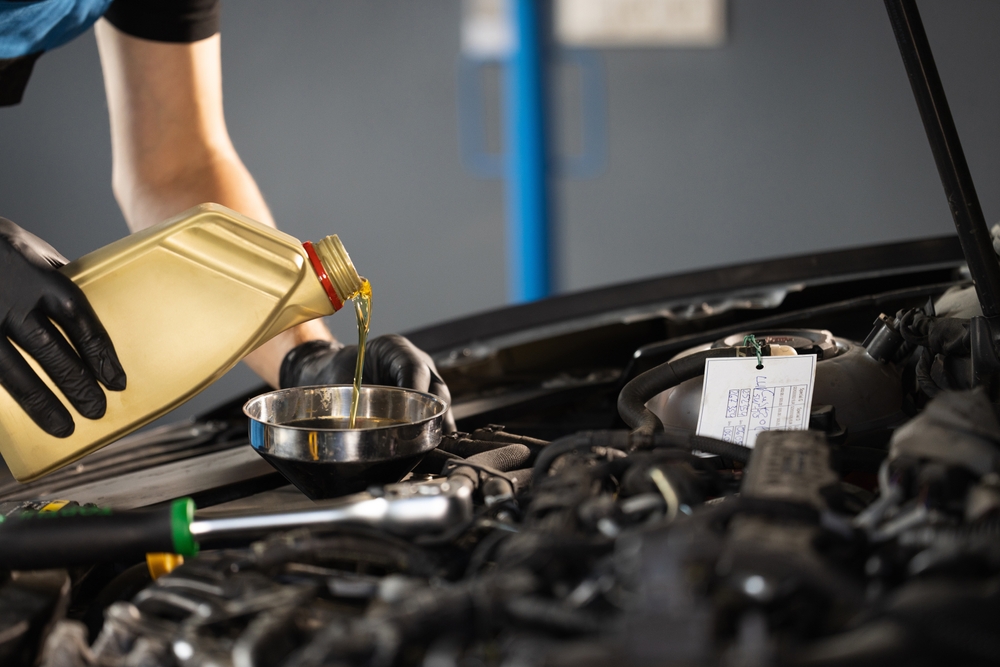
Engine oils come in a variety of formulations, each designed to meet specific requirements, including viscosity, additives, and performance standards. Different oils cater to different engines and driving conditions, so choosing the right one is crucial for optimal engine performance. Assuming all oils are the same can lead to using an oil that doesn’t meet your vehicle’s needs, which may result in poor performance or even engine damage.
You Can’t Switch Between Conventional and Synthetic Oil
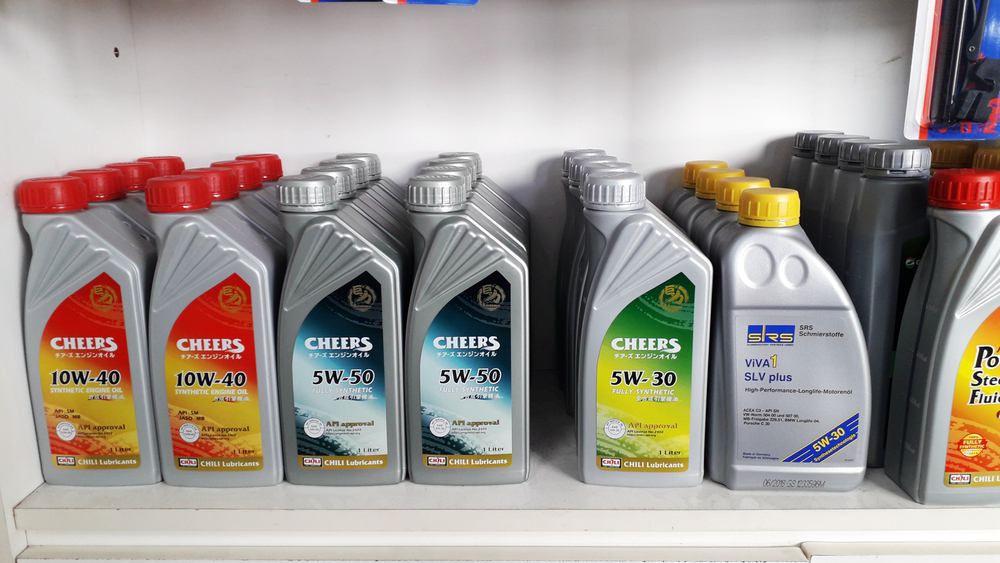
There’s no harm in switching between conventional and synthetic oil. Many drivers alternate between the two based on availability or cost. Both types of oil can work together in an engine without causing any issues, as long as the oil meets the manufacturer’s specifications. Synthetic blends are even a mix of the two, showing that they can coexist without problems.
Oil Never Needs Changing if It Looks Clean

Oil color is not a reliable indicator of its condition or effectiveness. Even if the oil appears clean, it may have lost its protective properties due to thermal breakdown and contamination. Regular oil changes are necessary to maintain engine protection, as clean-looking oil may still be unable to perform its essential functions.
Using Additives in Oil Is Always Necessary
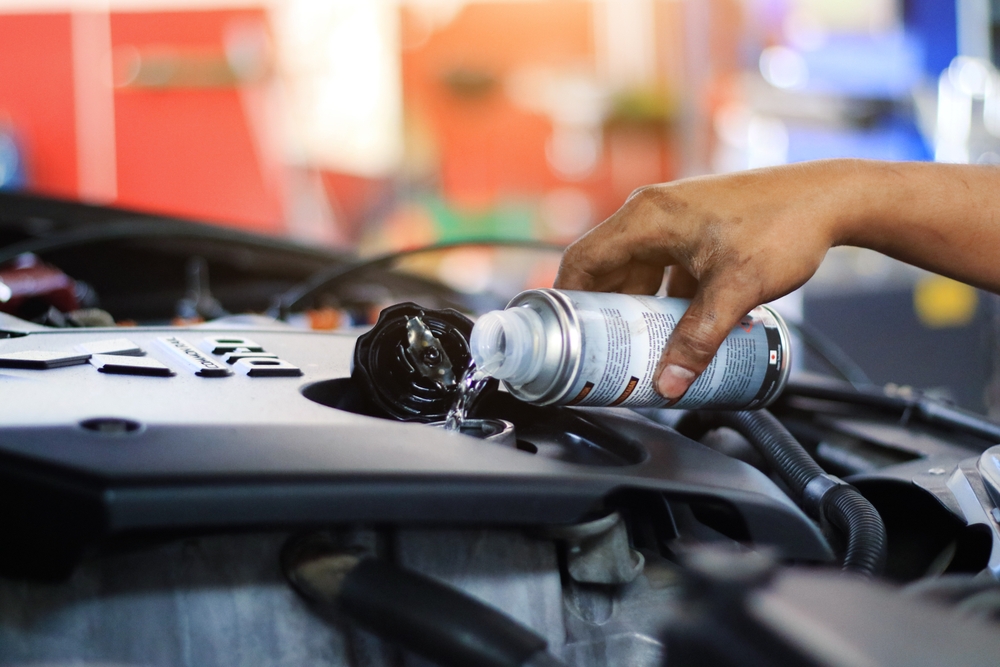
While some oil additives can provide specific benefits, they are not always necessary, especially with modern oils that already contain a balanced blend of additives. Overuse of aftermarket additives can sometimes interfere with the oil’s designed properties and potentially harm your engine. Stick to high-quality oils with the necessary additives already included.
Synthetic Oil Is Only for High-Performance Cars
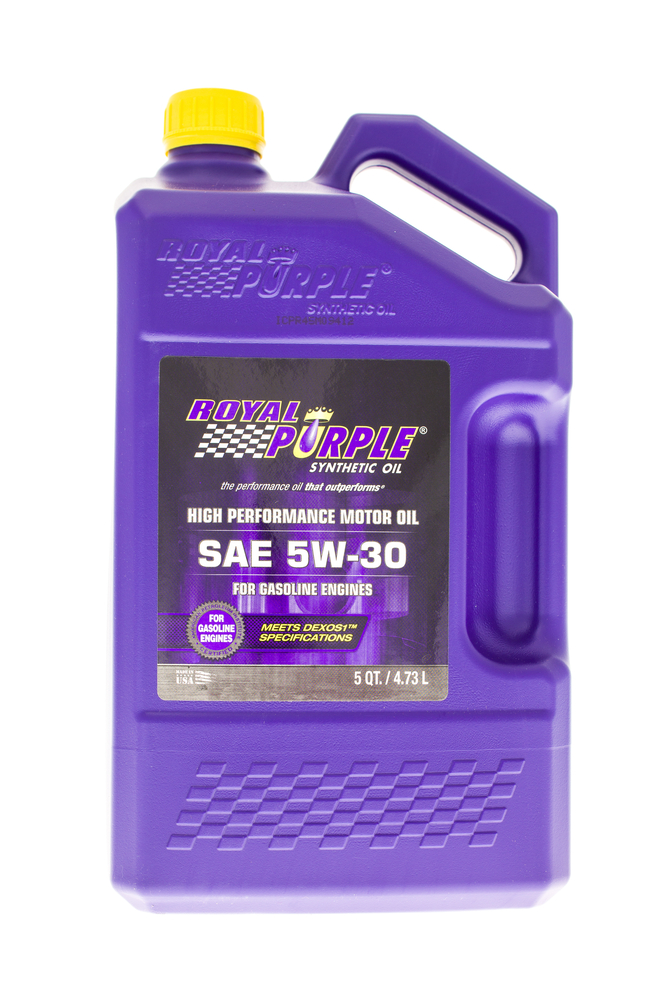
Synthetic oil is beneficial for all types of vehicles, not just high-performance cars. Its superior properties, such as better temperature stability, reduced sludge formation, and longer-lasting performance, make it an excellent choice for everyday cars as well. Using synthetic oil can enhance engine life and efficiency in any vehicle.
You Should Always Fill the Oil to the Max Line

Overfilling your engine oil can be just as harmful as having too little oil. When oil is overfilled, it can foam and reduce lubrication efficiency, potentially leading to engine damage. It’s best to fill the oil to the recommended level—neither too high nor too low—to ensure optimal engine performance.
Thicker Oil Offers Better Protection
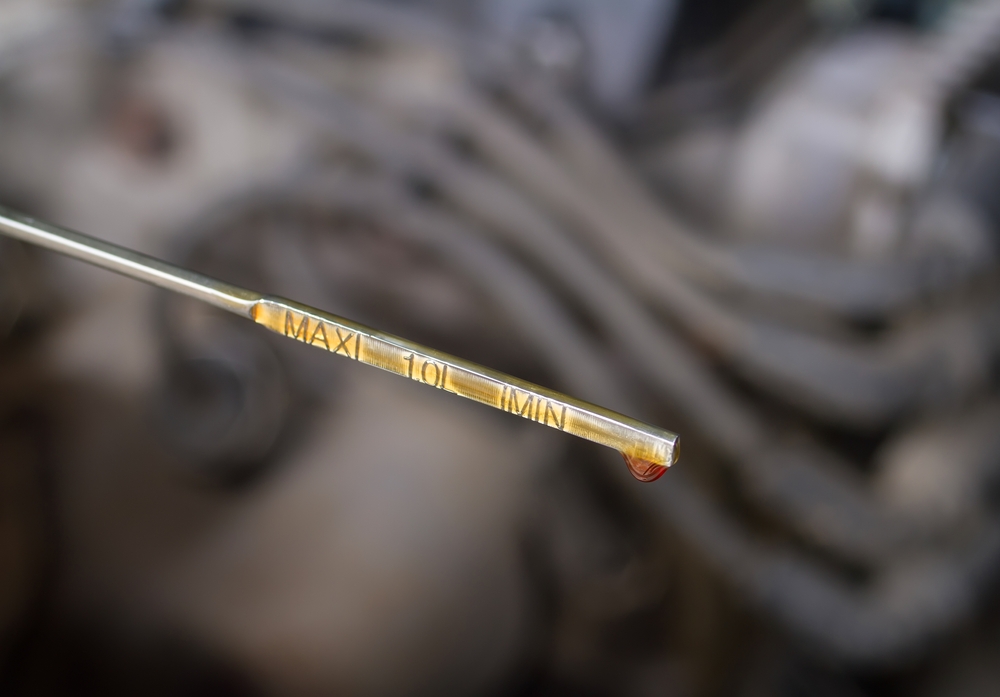
Thicker oil isn’t always better. The correct oil viscosity depends on the engine design and operating conditions. Using oil that is too thick can impede flow, reduce fuel efficiency, and fail to provide adequate lubrication during cold starts. It’s essential to use the oil viscosity recommended by the vehicle manufacturer for the best protection.
You Don’t Need to Change the Oil Filter with Every Oil Change
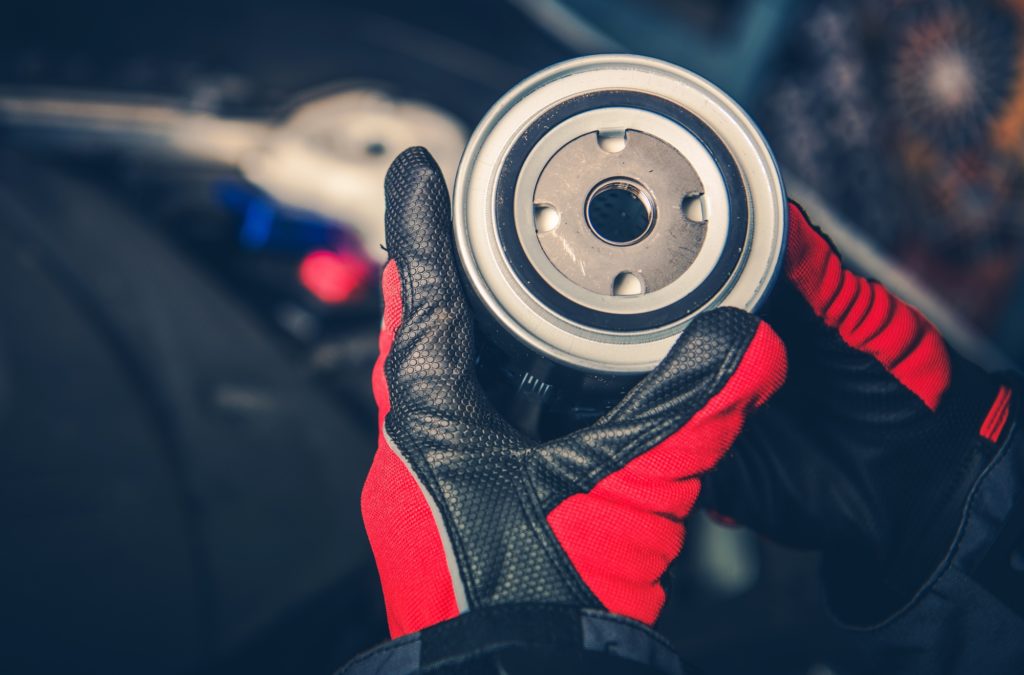
The oil filter plays a crucial role in removing contaminants from the engine oil. If the filter isn’t replaced regularly, it can become clogged, reducing its effectiveness and allowing debris to circulate in the engine. Changing the oil filter with every oil change ensures that the engine remains clean and well-lubricated.
Engine Oil Should Always Be Golden Brown
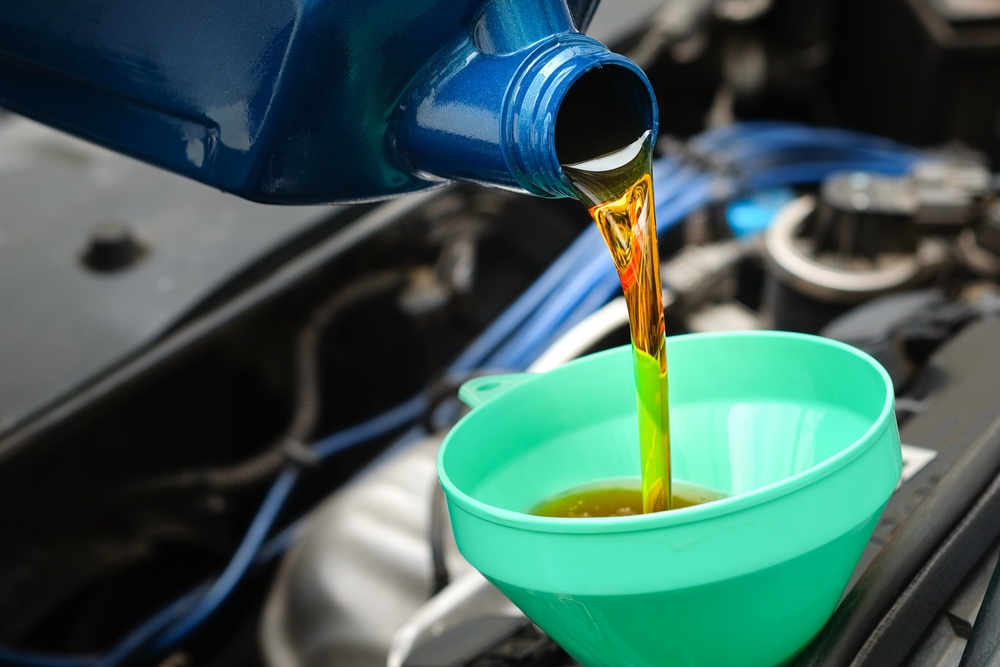
Engine oil naturally darkens as it absorbs heat and contaminants during use. The color change does not necessarily indicate that the oil is dirty or needs to be changed. The key is to follow the manufacturer’s recommended oil change intervals rather than relying on the oil’s appearance.
High-Mileage Oils Are Just Marketing Gimmicks
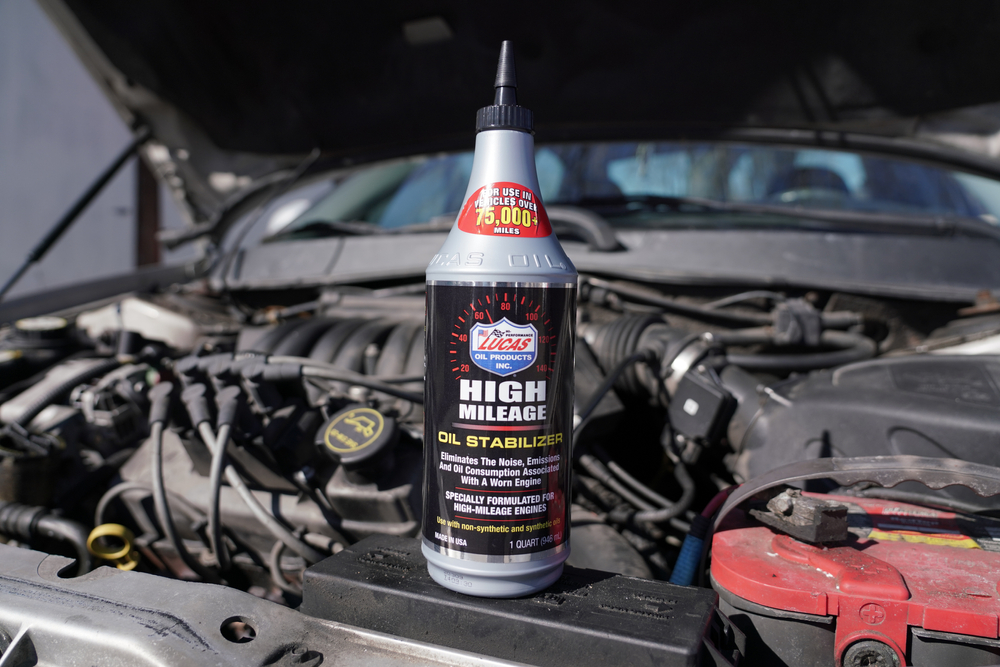
High-mileage oils are specially formulated with additives that help reduce leaks, minimize oil consumption, and protect worn engine components. They are particularly beneficial for vehicles with over 75,000 miles. Using high-mileage oil in older cars can extend engine life and improve performance, making it more than just a marketing ploy.
Once You Use Synthetic, You Can’t Go Back to Conventional Oil

Switching back to conventional oil after using synthetic does not harm the engine. Both types of oil can be used interchangeably as long as they meet the vehicle’s specifications. However, drivers may prefer synthetic for its extended change intervals and superior performance in extreme conditions.
Oil Additives Can Replace Regular Oil Changes
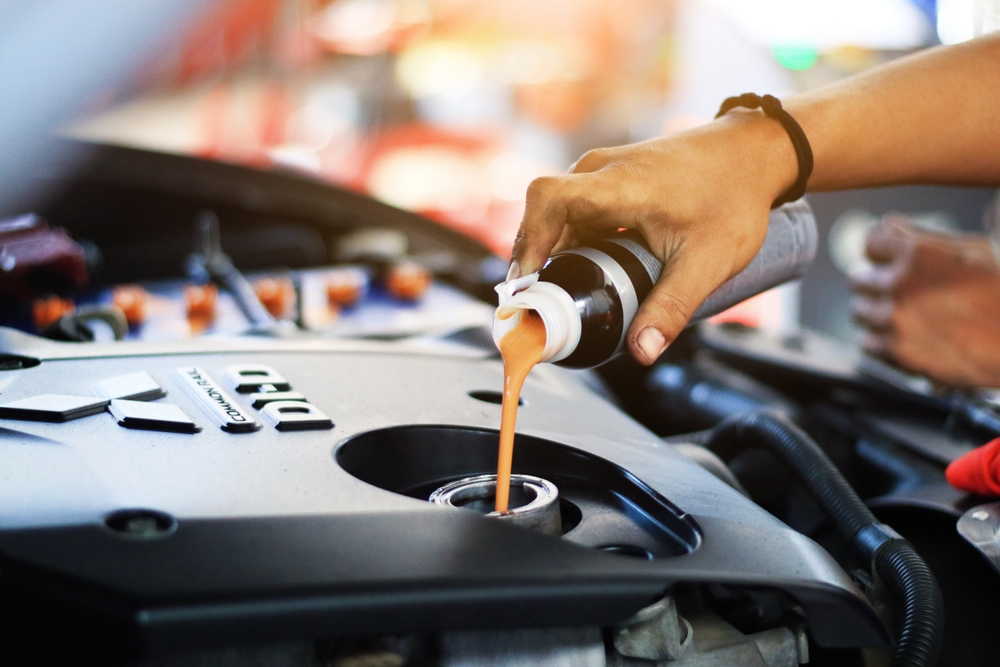
No additive can replace the need for regular oil changes. Additives may improve certain aspects of oil performance, but they do not restore worn-out oil’s ability to lubricate, clean, and cool the engine. Regular oil changes are essential to maintain engine health and longevity.
The More Expensive the Oil, the Better It Is
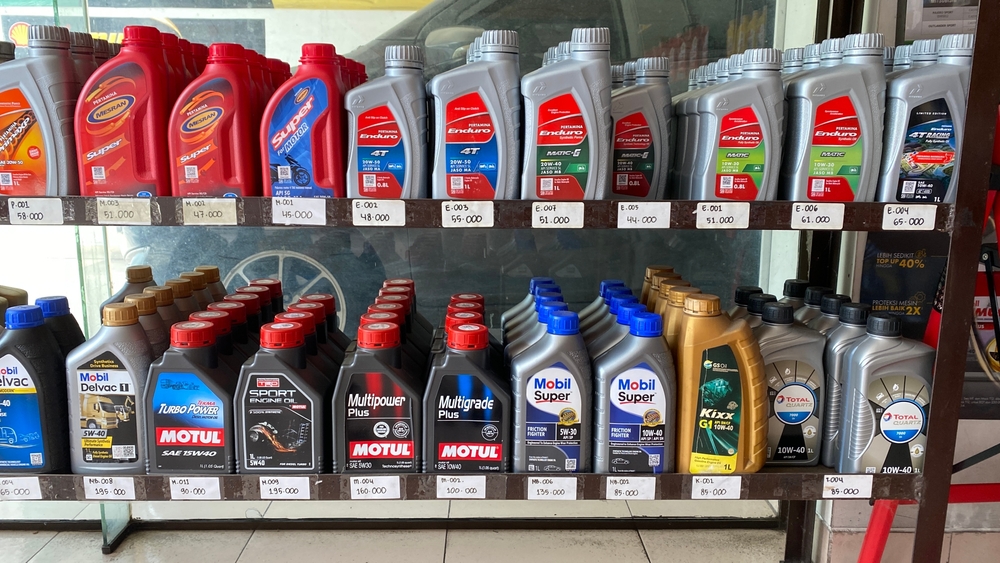
Price doesn’t always reflect the quality or suitability of engine oil for your vehicle. Some expensive oils may offer features that are unnecessary for your car’s needs. It’s more important to choose oil based on your vehicle’s specifications and driving conditions rather than price alone.
This article originally appeared in MyCarMakesNoise.
More from MyCarMakesNoise
16 Exclusive Classic Cars That Are Expected to Appreciate in Value

Classic cars hold a timeless appeal and can offer significant returns on investment. As certain models become rarer and more sought after, their value steadily climbs. Read More
18 Vintage Motorcycles That Have Declined in Value

The allure of vintage motorcycles often lies in their timeless design and storied history. However, not all classic bikes have retained their value over the years. In this article, we explore 18 vintage motorcycles that, despite their former glory, have seen a decline in market worth. Read More
16 High-End SUVs with Unparalleled Luxury Features

When it comes to luxury SUVs, the market is filled with options that offer unparalleled comfort, cutting-edge technology, and top-notch performance. From bespoke interiors to powerful engines, these high-end vehicles redefine what it means to travel in style. Read More














